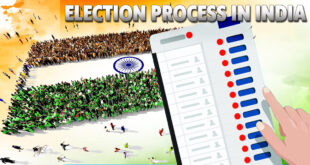Can Article 35A of the Constitution be struck down? If yes, should it be? These questions — raised in a petition filed in the Supreme Court by a Delhi-based non-governmental organisation, “We the Citizens” — have already attracted widespread attention. The case, there’s little doubt, is freighted with political meaning. But when we look beyond the interests of politics, the issues aren’t especially contentious. As a matter of simple legal construction, it ought to be obvious to the court that the petition deserves a resounding dismissal. Any other verdict, which so much as entertains the notion that Article 35A is expendable, will impinge on basic tenets of constitutional interpretation, and will damage the most solemn promises that lie at the heart of the Indian federation. Article 35A was inserted into the Constitution as part of a raft of amendments made through a 1954 presidential order, imposed under Article 370. Broadly, it empowers Jammu and Kashmir (J&K) to not only define a class of persons as constituting “permanent residents” of the State but also allows the government to confer on these persons special rights and privileges with respect to matters of public employment, acquisition of immovable property in the State, settlement in different parts of the State, and access to scholarships or other such aids that the State government might provide. The Article further exempts such legislation from being annulled on the ground that they infringe one or the other of the fundamental rights guaranteed by the Constitution. According to the petitioner, this immunity granted to J&K’s laws is discriminatory, and, therefore, Article 35A should be declared unconstitutional.
Check Also
The Transplantation of Human Organs and Tissues Act (THOTA)
Concept The Transplantation of Human Organs and Tissues Act (THOTA) was enacted in India in …
 Chinmaya IAS Academy – Current Affairs Chinmaya IAS Academy – Current Affairs
Chinmaya IAS Academy – Current Affairs Chinmaya IAS Academy – Current Affairs



